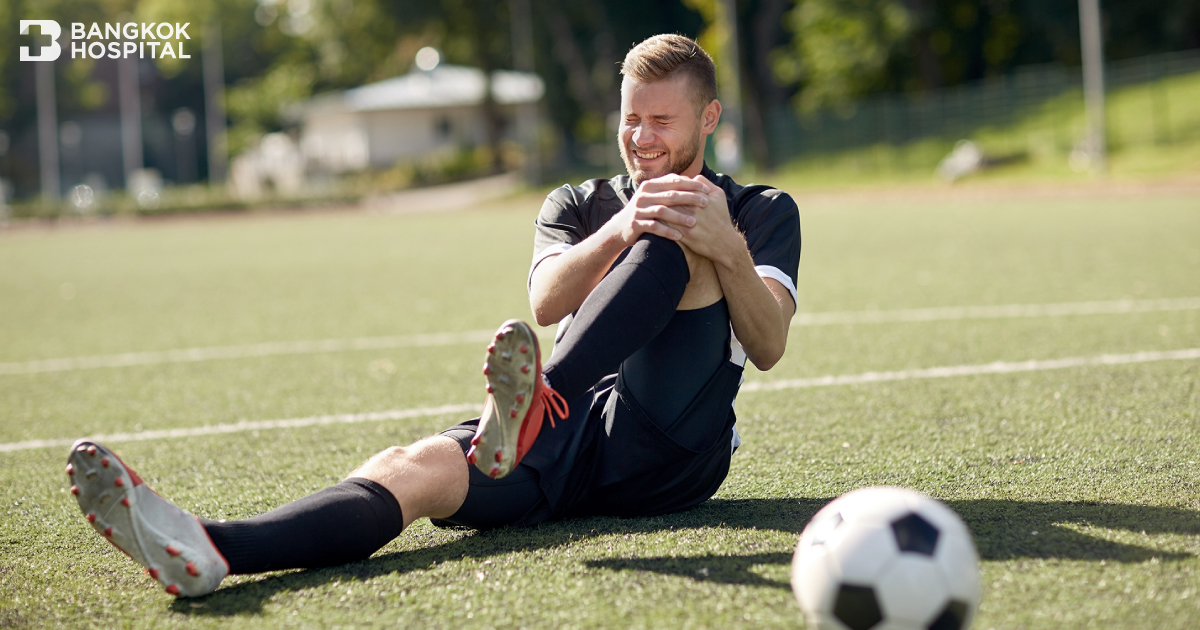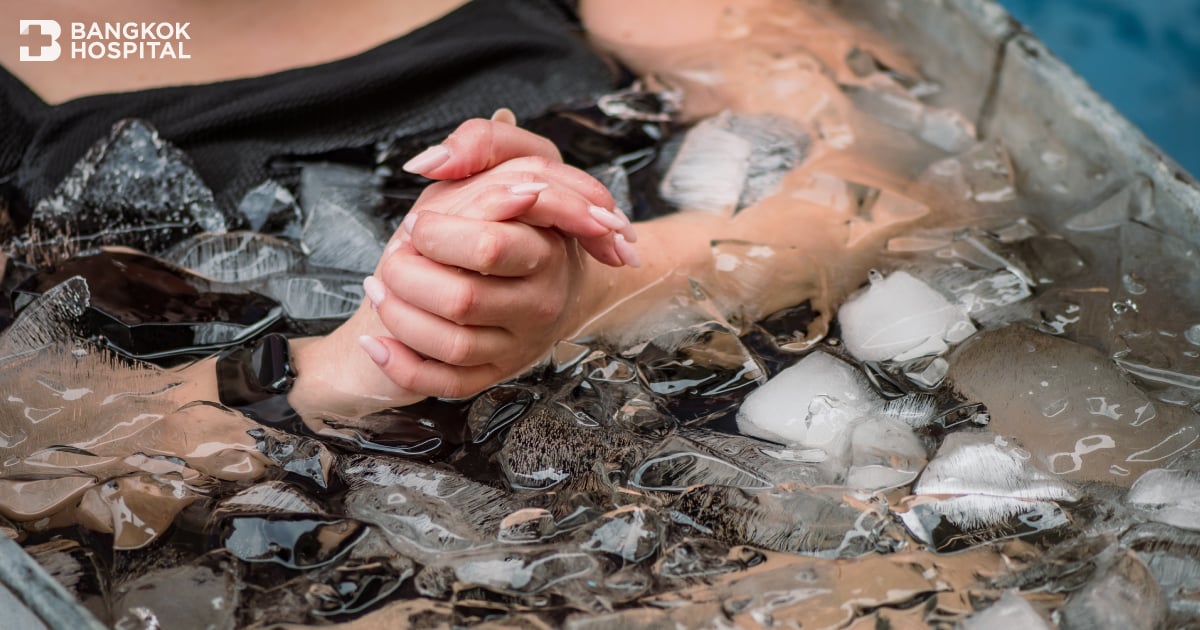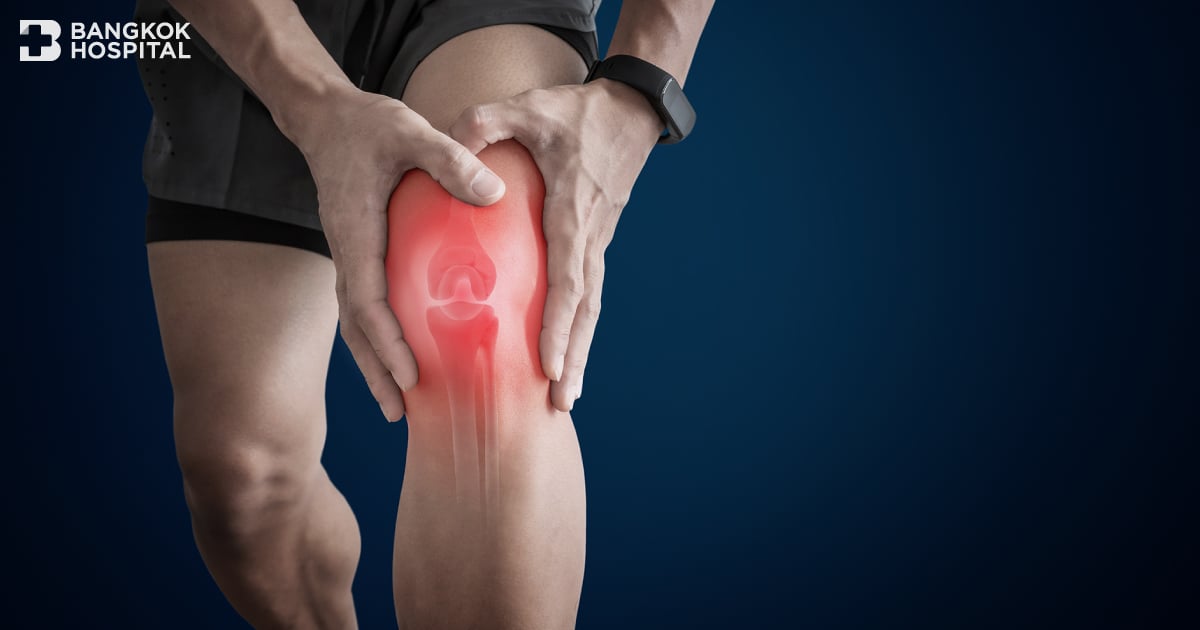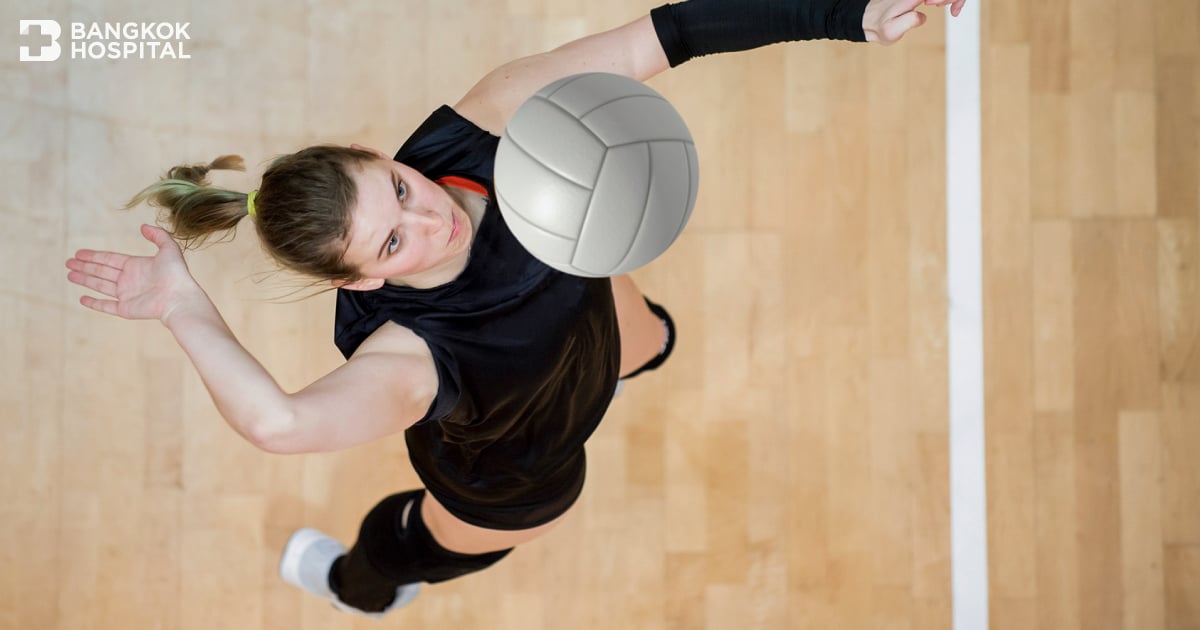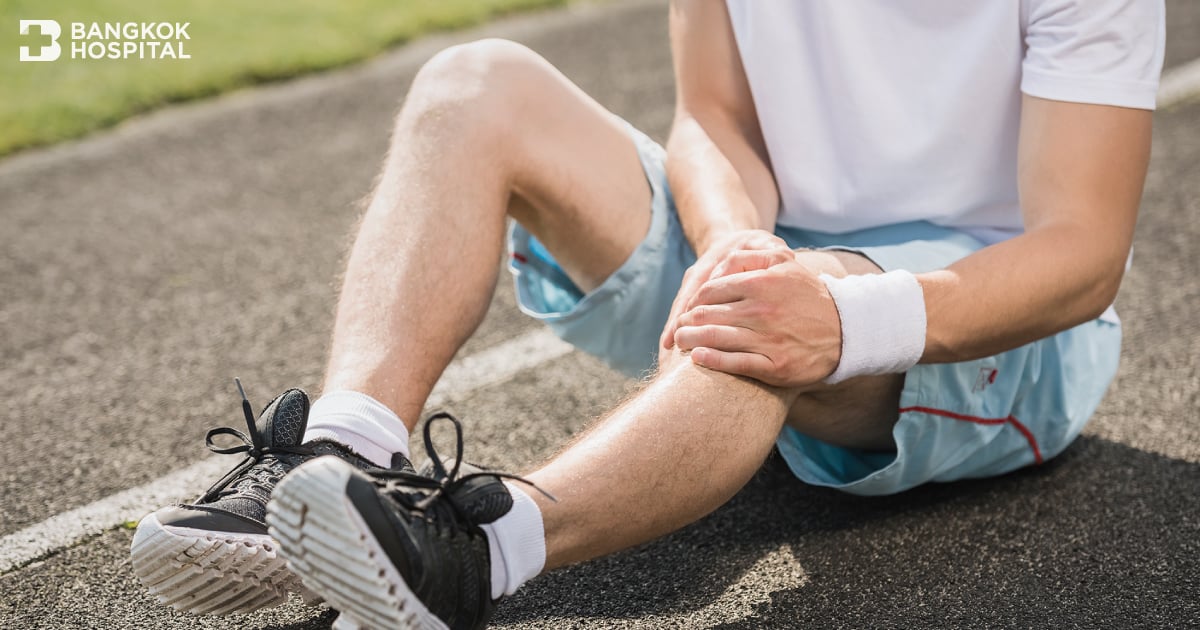Knee injuries are common among football players, second to ankle injuries, often causing serious problems and long healing times regularly
The saying that once you have a knee injury, you must stop playing or your career is over has significantly decreased in likelihood nowadays compared to the past. Our understanding of the mechanics of the knee has increased, allowing us to treat and correct problems that in the past could not be fixed or were not successful, resulting in excellent outcomes and the ability to return to play at the same or similar level. However, prevention is always better than waiting to treat an injury.
Causes of Knee Injuries
Most knee injuries are caused by collisions and twisting of the knee. When a collision or tackle occurs, jumping or quickly lifting the foot off the ground to prevent it from anchoring to the field can help minimize the severity of the twisting or impact. Injuries that are not caused by collisions are often due to muscles that are tense, inflexible, or not strong enough, leading to injuries. However, these tend to be gradual or cumulative rather than resulting from a tear due to impact.
Preventing Knee Injuries
To prevent knee injuries, it’s important to understand that all elements play a role, including the condition of the field, shoes, the attitude of fellow players, and internal factors of the knee itself, such as previous injuries or muscles that are not flexible or strong enough. These factors are always crucial in preventing injuries, not just to the knee.
First Aid for Knee Injuries
If a knee injury occurs, the initial care is to lie still and wait for someone to come, possibly a friend or a physiotherapist. Don’t try to move on your own, apply cold immediately. After some time, try to move the knee yourself, observe where it hurts, try bending and straightening the knee, gradually put weight on it, note if swelling occurs immediately or if there is a sound like a tearing of a tendon during the accident. These are important when seeing a doctor. But if the pain is severe and movement is not possible, it is crucial to splint with wood or whatever is available and wrap it tightly. If the knee is deformed or twisted, do not attempt to press, push, pull, or adjust it back into place yourself; keep it as it is until you reach a doctor.
Treating Knee Injuries
The treatment for knee injuries depends on the injured part, where specialists will conduct physical examinations, take histories, or do further tests like X-Ray or Scan. Initially, if the knee swells immediately, it often indicates that something might have torn in the knee and caused bleeding. Statistics show that over 80% are likely to be anterior cruciate ligament or ACL tears, and over 60% of ACL tears also involve a torn meniscus. If such is the case, doctors usually apply a soft cast and prescribe anti-inflammatory medication for about a week. Once swelling and acute inflammation decrease, arthroscopic surgery will be considered.
Why Immediate Surgery for a Torn ACL
A torn ACL has tension in the ligament; once torn, the ends of the ligament contract away from each other progressively, so self-healing of the ligament does not occur. Currently, arthroscopic surgery to repair the ligament, meniscus, articular cartilage, etc., is considered effective treatment. Recovery is fast, and physical therapy can start sooner and more easily than before. Patients can bend their knees from the first 24 hours and begin physical therapy immediately. The need for crutches varies depending on the injured part, ranging from not necessary at all to a full three weeks.
Everyone should be cautious of all types of injuries by being well prepared. Muscles must be strong and flexible, not just when you’re about to play football. This is incorrect. You must have a proper and long enough warm-up, good equipment, and most importantly, an attitude of not harming your opponent, which FIFA emphasizes heavily and is included in the rules of FIFA 11+ (a set of injury prevention rules). The last point is “Fair Play”.
May everyone enjoy the sports they love”

